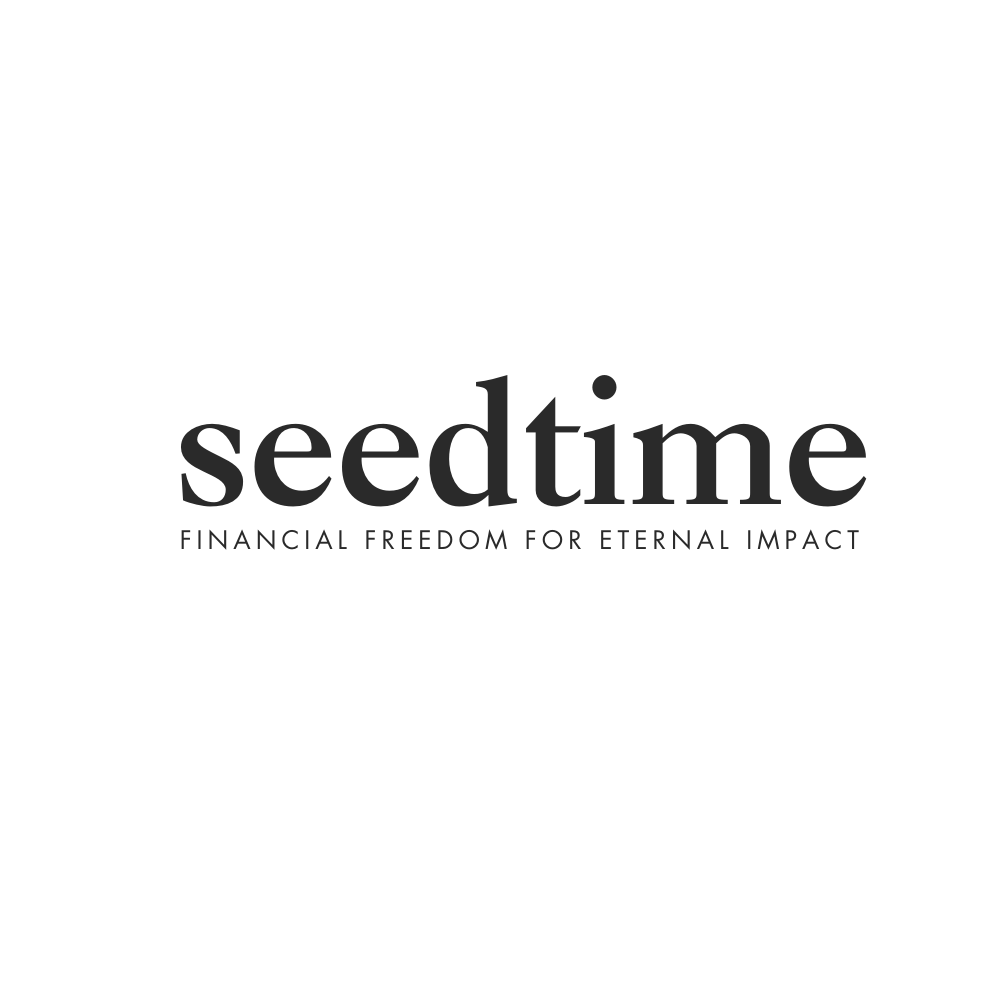The issuance platform Opus, which is independent of banks, focuses on developing customized investment products for active market participants.
The platform links clients with different brokers, hedge counterparties, attorneys, custodians, and other service providers.
Opus was responsible for the introduction of the first structured product on blockchain tech worldwide and for being the first multi-issuer platform in Luxembourg.
It was rolled out in 2013 and has accomplished more than 1,000 securitizations.
If you are looking to invest as an expat or high-net-worth individual, which is what I specialize in, you can email me (advice@adamfayed.com) or WhatsApp (+44-7393-450-837).
This includes if you are looking for alternatives or a second opinion.
Some of the facts might change from the time of writing, and nothing written here is formal advice. So, potential investors shouldn’t invest or decide not to invest based on this review alone.
For updated guidance, please contact me.
What is Opus by Chartered Investment?
OPUS is the platform or system used by Chartered Investment for managing the production and issuance of financial products.
As an infrastructure supplier, problem solver, and transaction facilitator, Chartered Investment assists customers in developing cutting-edge index solutions and investments.
Opus Products and Services
Security tokens can be issued for any product.
Transactions are carried out directly on the blockchain, as opposed to the traditional clearing system. This eliminates the need for banks and custodians and allows investors to keep their financial products in their own wallet.
The main categories include:
Private Market Products
The goal of these products is to turn non-liquid assets into investment opportunities that investors can access. Among them are:
- Private Debt: investing in debt securities that are not listed on a public exchange.
- Private Equity: pre-IPO and early stage or Series A investments in private businesses.
- Real Assets: investing in physical assets like commodities, infrastructure, and artwork.
- Trade Receivables: funding options for factoring, export finance, and trade finance.
- Real Estate Financing: offers the potential to invest in real estate ventures.
Structured Products
Such financial instruments combine a funding and derivative component. Options, futures, and swaps are examples of derivatives that expose investors to different underlying assets, while bonds are commonly used as funding for the derivative component.
Opus offers structured products like mutual funds, stocks or equity indices.
Asset Participation Products
These portfolios are intended to provide flexibility and diversification by incorporating a combination of illiquid and liquid financial instruments.

They fall into one of two primary categories: dynamic portfolios, which permit rebalancing and adjustments in response to particular investment strategies or market conditions, or static portfolios, which comprise a fixed set of underlying assets that do not change over time.
These portfolios can contain various financial assets, from individual stocks or bonds to diversified collections of financial instruments that combine liquid assets that are easy to trade and illiquid assets that are more difficult to sell.
Pros and cons of Opus
Advantages of Opus
- Customized investment options
- The platform gives users access to a variety of products
- It is subject to stringent regulations in Germany and Luxembourg
- Links customers with service providers, including custodians, attorneys, brokers, and hedge counterparties
Disadvantages of Opus
- Fees for customized solutions might be higher than those for more standardized investment products.
- Like any investment platform, Opus’s products are vulnerable to market risks that could impact their performance. Investors need to understand that alternative investments can be volatile.
- Lack of transparency about the underlying assets or particular risks
- For some investors, the structured nature of many offerings may be hard to fully comprehend, which could make it difficult to weigh risks and returns.
Pained by financial indecision? Want to invest with Adam?

Adam is an internationally recognised author on financial matters, with over 760.2 million answer views on Quora.com, a widely sold book on Amazon, and a contributor on Forbes.





















Discussion about this post